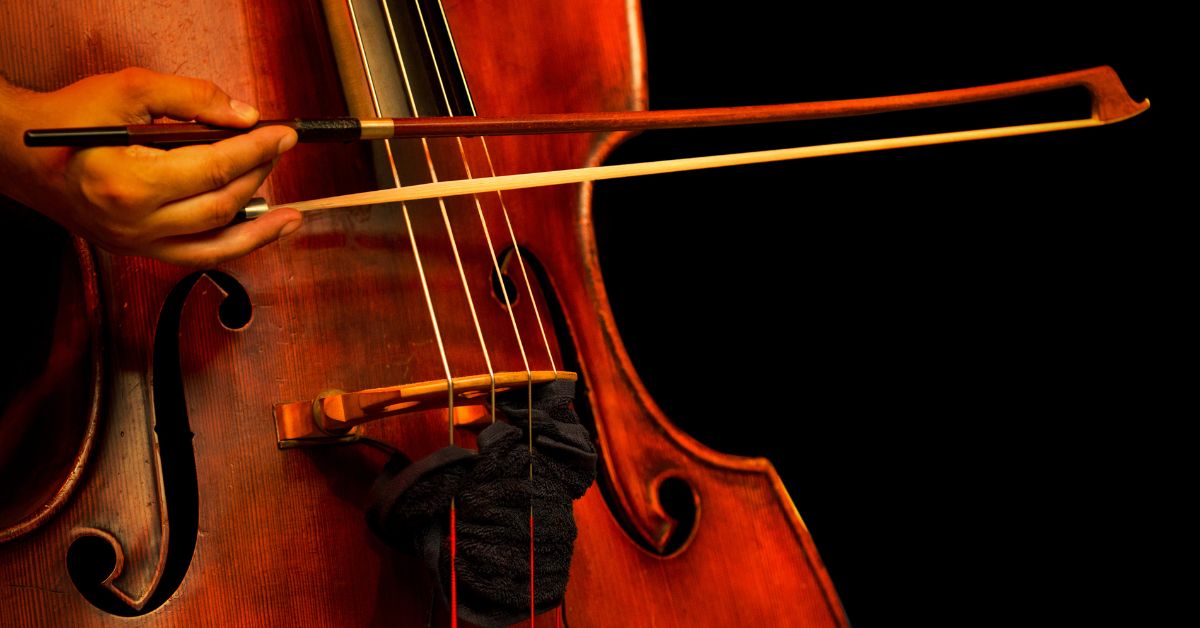Learning to play the cello is not merely a musical pursuit but a transformative journey that weaves together discipline, artistry, and a profound connection to the instrument. The cello’s rich and resonant tones can evoke deep emotions and captivate audiences. As aspiring cellists embark on their lessons, they enter a world where technical proficiency meets the expression of raw human emotion.
Cello lessons are a meticulous exploration of technique and musicality guided by the skilled hands of experienced instructors. The process begins with the fundamentals – understanding the anatomy of the instrument, learning how to hold the bow, and positioning the fingers on the strings. The initial stages may feel like a delicate dance of coordination, as the novice cellist acquaints themselves with the instrument’s nuances.
Beyond the technical aspects, cello lessons delve into the realm of musical theory and interpretation. Cellists learn to read sheet music, deciphering the intricate language of notes, rhythms, and dynamics. The instructor becomes a mentor, guiding the student through the labyrinth of musical notation, unlocking the secrets of composition. This theoretical foundation becomes the scaffolding upon which the student can build their musical interpretations, giving life to the notes on the page.
As the student progresses, the cello lessons transition from mechanical exercises to artistic expressions. The cello, with its soul-stirring tones, becomes an extension of the player’s emotions. Vibrato, dynamics, and phrasing become tools in the cellist’s arsenal, allowing them to convey a wide spectrum of feelings through their playing. Each lesson becomes an opportunity to breathe life into the music, to infuse it with the player’s unique voice.
The journey of learning the cello is not without its challenges. The instrument demands physical stamina and mental focus. Hours of practice are required to master challenging passages and build the muscle memory needed for fluid playing. Patience and persistence become the student’s companions, fostering resilience in the face of difficulties. Cello lessons teach more than just music; they instill values of dedication, perseverance, and the joy of overcoming obstacles.
A crucial aspect of cello education is the experience of ensemble playing. Whether in a chamber group, orchestra, or duet, collaborating with other musicians enhances the student’s musicality and listening skills. Cello lessons extend beyond the confines of a one-on-one interaction with an instructor, creating a community where shared passion and mutual support flourish. The camaraderie among cellists fosters a sense of belonging to a larger musical tapestry.
The impact of cello lessons extends beyond the practice room and concert hall. Studies have shown that musical education enhances cognitive abilities, improves memory, and promotes emotional well-being. The discipline acquired through cello lessons permeates other aspects of the student’s life, contributing to their overall personal and intellectual development.
In conclusion, cello lessons are a transformative journey that goes beyond the acquisition of musical skills. They are a symphony of dedication, discipline, and passion. Through the patient guidance of instructors, the diligent practice of students, and the expressive resonance of the cello, a profound connection is forged between the musician and their craft. The journey of learning the cello becomes a lifelong pursuit, shaping not only the musician’s artistry but also their character and understanding of the world.

